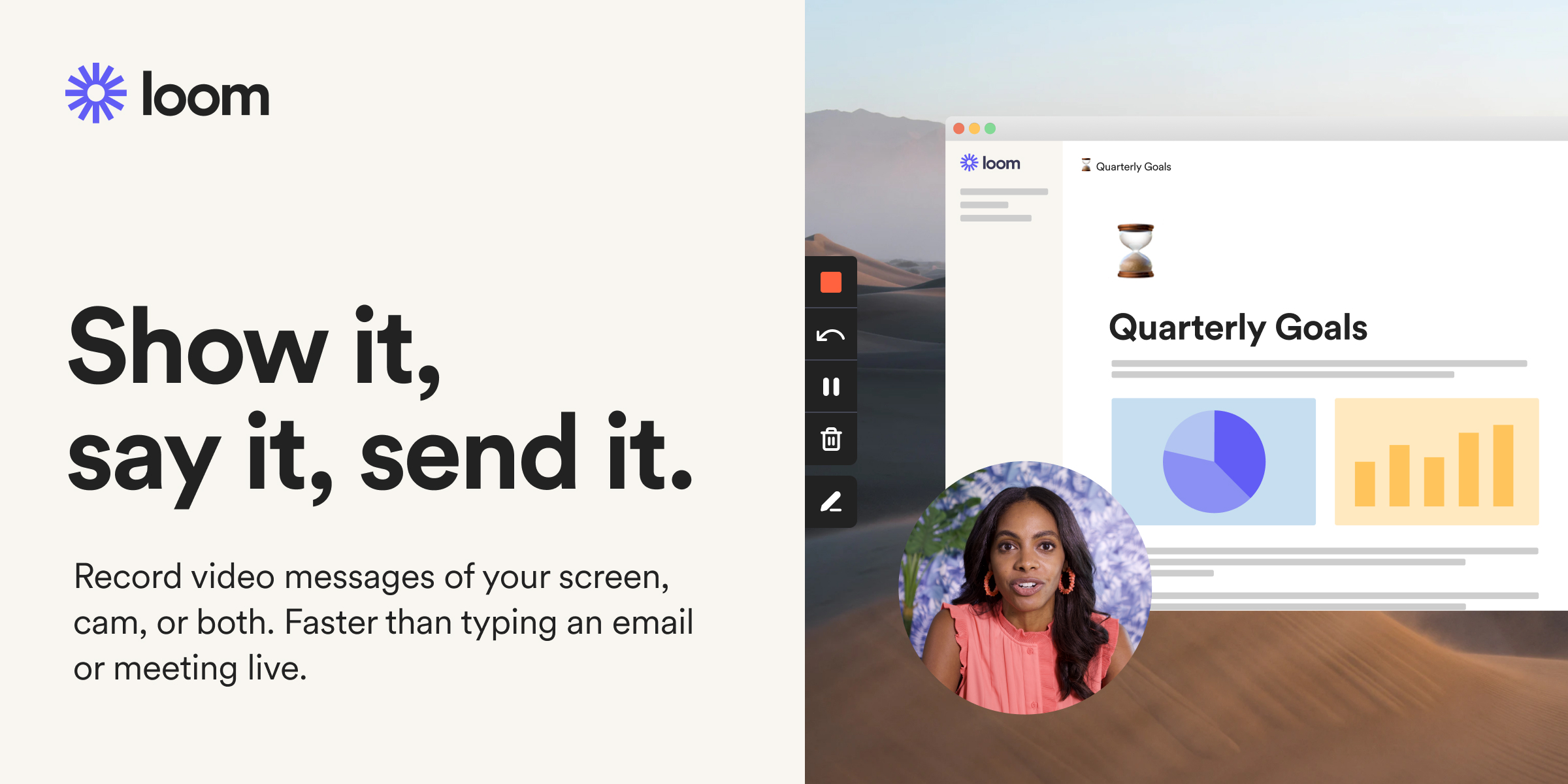- AI Grand Rounds
- Posts
- Using AI to help make educating community easier 📚
Using AI to help make educating community easier 📚
How can you safely and ethically use AI in medical writing


Fellow Healthcare Champions,
Curious about healthcare AI but no idea where to start? We get it. As busy clinicians ourselves, our newsletter "AI Grand Rounds" is here to provide clinically relevant AI info. Thanks for joining us on this journey!
Let’s join our journey to share clinically meaningful and relevant knowledge on healthcare AI.
Sincerely,
Your fellow physicians!
Table of Contents
🚨 Pulse of Innovation 🚨
Breaking news in the healthcare AI
Perplexity AI - Utilizing the features for healthcare education
Perplexity AI has launched a new feature called Perplexity Pages, designed to transform your searches into shareable, visually appealing web pages. This innovation aims to streamline the process of creating reports, articles, or guides, making it easier for users to compile and present information. In the video below we breakdown the features with a healthcare example. Some of the features are:
Creation Process: Users can generate a page by entering a prompt, such as "Information about the Sahara Desert."
Customization: The AI tool can create detailed articles with different sections, which users can rewrite, reformat, or remove.
Media Integration: Perplexity Pages allows users to find and insert relevant media items like images and videos.
Shareability: These pages are publishable and searchable through Google. Users can share links to these pages, and others can ask follow-up questions on the topic.
With anything, there are risk of misuse/abuse. Some of the challenges I describe in the video and in summary they are:
Dependence on AI Accuracy: While the AI generates content, the accuracy and relevance of the information still require user verification.
Potential for Misinformation: As with any AI-generated content, there is a risk of including outdated or incorrect information and in healthcare this is crucial as it can lead to the sharing of misinformation.
Click the link below to watch as I walk you through a clinical example 👇🏽👇🏽👇🏽👇🏽👇🏽
🧑🏼🔬 Bench to Bedside👨🏽🔬
Developments in healthcare AI research and innovations
AI Revolutionising Capsule Endoscopy in detecting small bowel bleeds: Enhancing efficiency and accuracy
Capsule endoscopy is a key tool for diagnosing small bowel pathology. It's time-consuming and often requires looking at hours of video films to detect bleeding. This study evaluates the efficacy of AI-assisted reading compared to standard methods.
Study Overview
A multicentre, prospective study involving 137 patients with suspected small bowel bleeding was conducted across 14 European centers. ProScan is AnX Robotics AI powered algorithm that aids in the analysis of NaviCam small bowel endoscopy images which is FDA and CE marked.
Key Findings
Diagnostic Yield: AI-assisted reading showed a higher diagnostic yield (73.7%) than standard reading (62.4%)
Reading Time: AI reduced the mean reading time from 33.7 minutes (standard) to 3.8 minutes (AI-assisted).
Accuracy: AI-assisted readings demonstrated superior sensitivity (93.3%) and negative predictive value (80.0%) compared to standard readings.
Limitations
Reader Variability: The study did not assess inter-reader variability
Clinical Confirmation: Deep enteroscopy was not routinely performed to confirm findings, raising questions about the accuracy of both AI-assisted and standard readings.
Focused Indication: The study focused primarily on small bowel bleeding, particularly angioectasias, limiting its application to other gastrointestinal conditions like Crohn's disease or small bowel tumors.
👩⚕️AI in the Clinic 🏥
Real-world and practical use of healthcare AI in clinic
Stay up-to-date on where GLP-1s are in shortage and where folks are having success finding them 🙌
Do you know anyone who needs GLP-1 drug and is having a hard time finding where it is? This is a common issue all over the country and probably globally. This tool helps identify where the current drug is available and connect with the pharmacist.

🩺 Start-Up Stethoscope 💵
Trending startups and technologies impacting clinical practice
Exciting Training Opportunities to enhance your career in Healthcare AI and hope to establish your Start-up !
Research Fellow in Generative AI in Health at UCL
Institute of Health Informatics is looking to appoint a Part-time (50% FTE - 18.25 hours) Research Fellow until 28 February 2028 to join our welcoming and vibrant Institute.
The department offers the AI in Human Health Fellowship to help build a world-class research program for AI and data-driven innovation in human health.
A unique opportunity has become available for a clinician or non-clinician (with healthcare knowledge or experience) to lead strategic activities related to Clinical Innovation.
🤖Patients First, AI Second🤖
Ethical and regulatory landscape of healthcare AI
Ethical Framework of using AI in Academic writing
The advent of AI in academia brings both advancements and ethical challenges. AI's ability to automate tasks like literature reviews and data analysis is reshaping academic writing. However, concerns arise over using AI-generated text, compromising academic integrity. In this article, the community of Nephrology colleagues share a framework:
A comprehensive framework for integrating AI into nephrology academic writing is essential. This includes:
Advanced AI-driven plagiarism detection: Implementing sophisticated AI detection tools to identify AI-generated text.
Enhanced peer review process: Introducing an "AI scrutiny" phase in peer review to detect and manage AI-generated content.
AI ethics training for academics: Providing training on the ethical use of AI, ensuring transparency and accountability.

Your feedback is the medicine we need! |

Reply